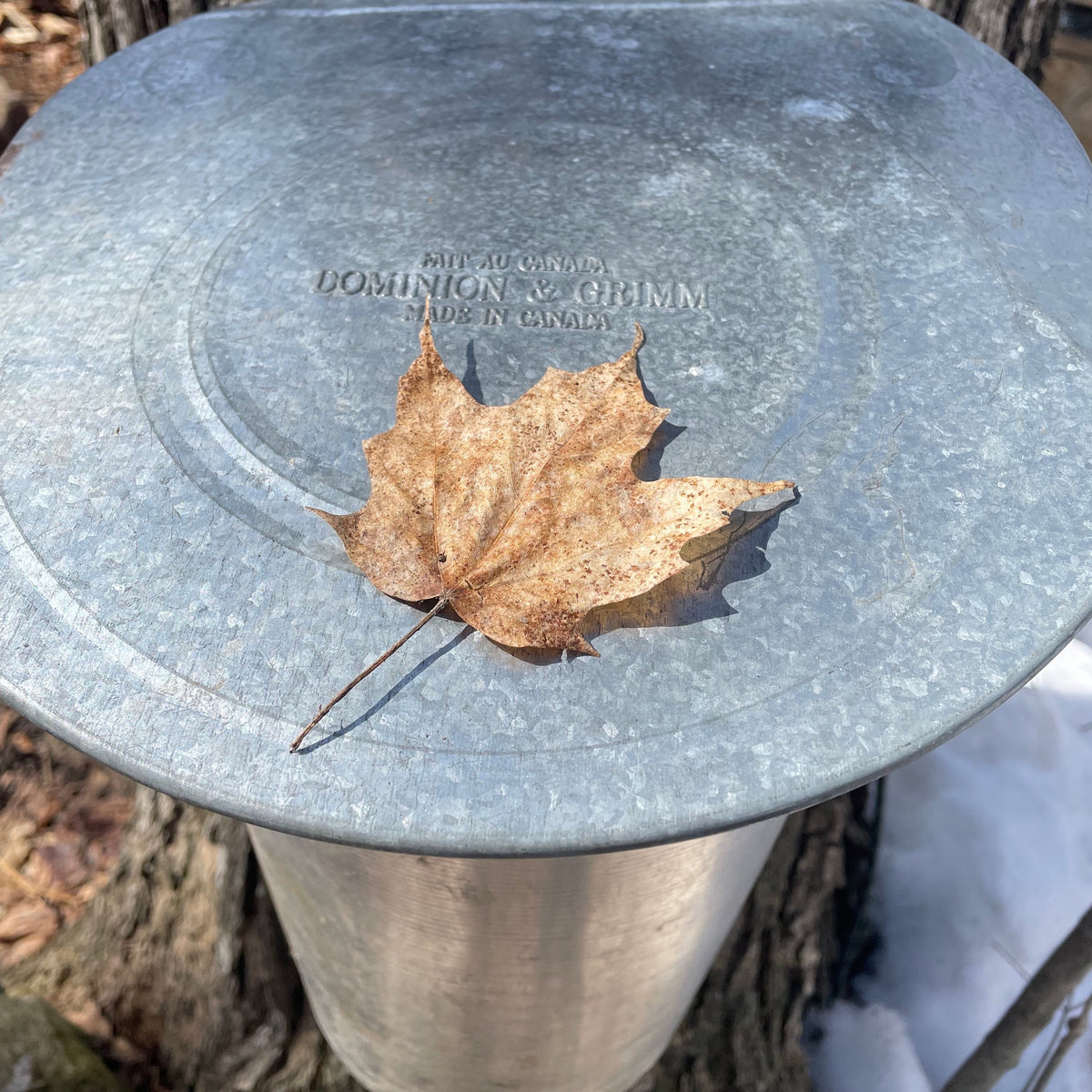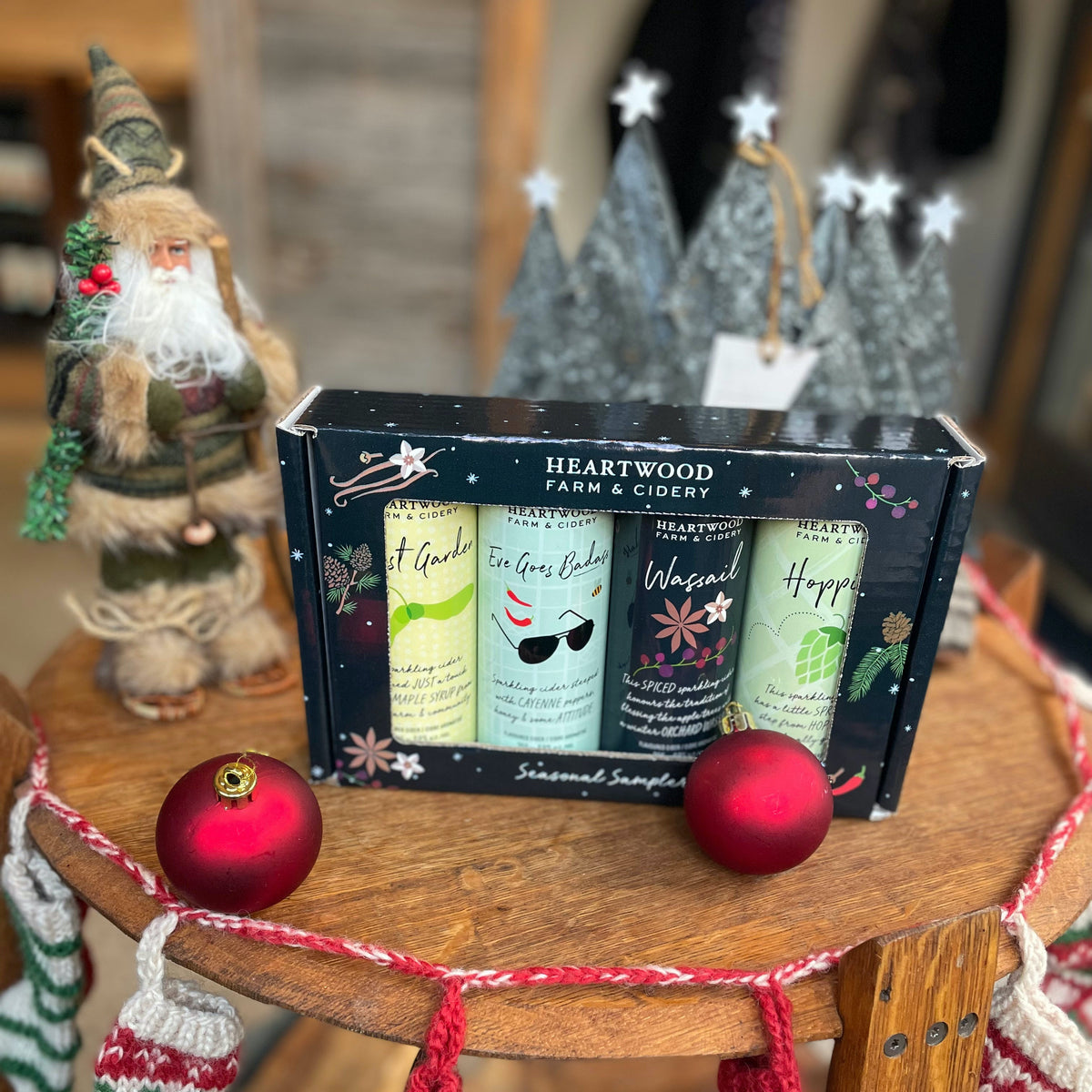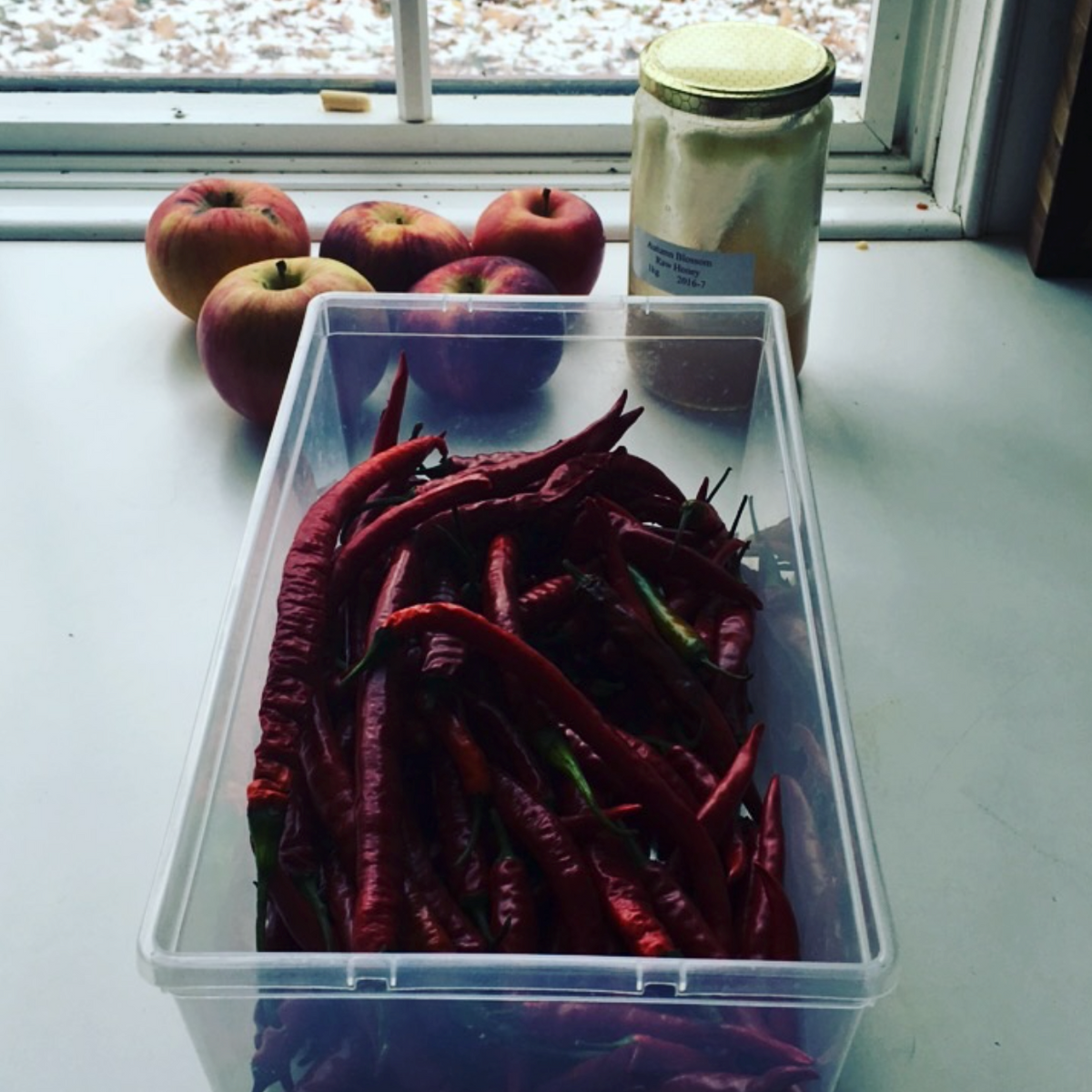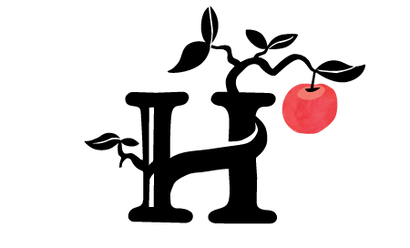Sowing Clover

Following is a Perspectives piece I wrote for the Ecological Farmers Association of Ontario (EFAO) newsletter. It is reproduced here with their permission.
------------------------------------------
In the dark of the moon,
in flying snow,
in the dead of winter,
war spreading,
families dying,
the world in danger,
I walk the rocky hillside, sowing clover. - Wendell Berry, 1968
Berry’s language is stark, brutally efficient. Written at the height of the Vietnam war, he frames this paradox: while the world is being unmade, the sower simply sows. It’s not that he’s ignorant or uncaring. The sower’s mindset isn’t revealed in words, but you can sense his stoic determination, his submission to the promise that life will always, against all odds, emerge from the seed.
The coronavirus pandemic arrived at almost exactly the same time as maple syrup season, and I’ve felt a resonance with this poem - oblivious to the tumult of the world, the trees draw their nourishment from the earth, as they do. Frogs and birds start singing again, as they do. Sunlight warms hands and heart, as it does. And as our world writhes in turmoil, “I walk the muddy pathway, collecting sap”.
There’s a grounding that comes from this - literally and spiritually. The simple rhythms of the farm in spring - collecting sap, starting seedlings, laying out the greenhouse - these activities connect us to the unflinching cadence of the seasons, and buffer the legitimate concerns we share about our markets, our customers, our suppliers, and whether our businesses will be able to operate this year. We walk the rocky hillside, sowing clover.
The poem also clearly frames the two sides of any crisis: that while the familiar is passing away, the future is emerging in the same moment. Against the tribulations of the world, the humble sower sets her intention to plant, to grow, to create.
The downside of a crisis is always apparent, this one no different. But what emerging future is sheltering in its shadow? What wants to be born in this moment? Will the disruption of global supply chains and industrial agriculture give way to newly localized food systems? And how will those new systems mitigate the food insecurity inherent in the old ones?
And how can we, whose lives and livelihoods derive from the graces of the land, share some of the experience of deep connection with our fellow citizens - isolated, sequestered, and increasingly cut off from the rich web of life?
I find it oddly invigorating to think about EFAO’s position in the midst of this time of disruption to - or respite from - the machinery of business as usual. We are scientists and researchers, yes, but even more importantly, we are animators who dare to imagine a more beautiful agriculture and lead others to its embrace. The world needs us badly right now. It needs the insights gleaned from our research. It needs the community bred in our outreach. It needs the resilience and ingenuity forged by working with the caprice of nature and ageing machinery. Mostly, it needs us to be courageous and imaginative.
Yes, the world is in danger. But we choose to walk the rocky hillside, sowing clover.
Brent has served on the board of the Ecological Farmers Association of Ontario (EFAO) since 2018.
1 Response
Linda
Dear Brent and Val,
You two are heroes to me.
Thanks for all you are doing and inspiring in our beautiful ol’ world.
Love and Angels guard over you and all your wonderful family always,
Linda
PS: Brent, you are one of the best and most thoughtful writers on the matters that matter to us all.
Leave a comment
Comments will be approved before showing up.
Also in Emergent Threads

What a time to be a friend of the United States
In one sense, a country is just lines on a map - lines drawn through history by enmity and alliance, war and concord, give and take. A country is the powerful story contained within those lines.

More than just a Gift Package


Brent Klassen
Author